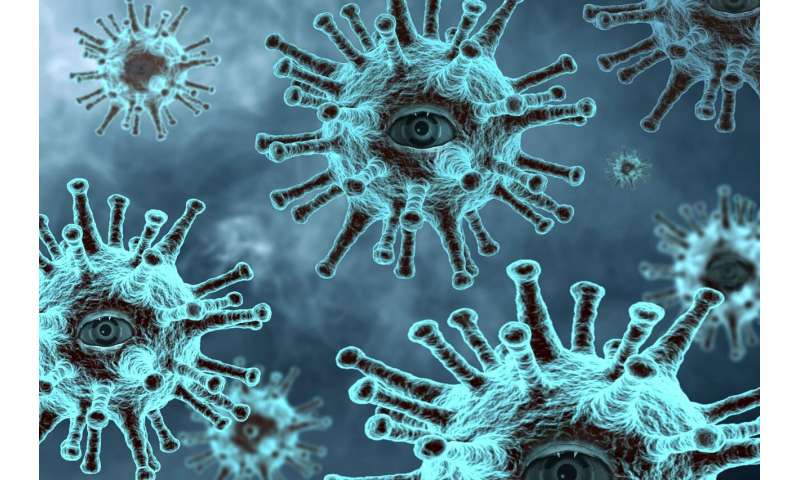Home » Health News »
New insights into the cellular response to SARS-CoV-2 infection

The COVID-19 pandemic caused by the new coronavirus has created an unprecedented public health challenge globally. Little was known about how the infecting cells respond to the virus and how the virus hijacks the host cellular machinery. A study led by researchers at Karolinska Institutet published in Emerging Microbes & Infections gives new insights into the virus-host interplay enabling newer ideas to tackle the virus.
The researchers identified that mammalian/mechanistic target of rapamycin (mTOR) signaling pathways were markedly modulated during SARS-CoV-2 infection.
“The study illustrates a comprehensive picture of the host cellular response and provides a platform for further studies on drug candidate targeting mTOR pathway for a potential therapy alone or preferably in combination with antivirals for the management of severe COVID-19 patients,” says Ujjwal Neogi, Associate Professor of Virology at the Department of Laboratory Medicine at Karolinska Institutet.
The analyses revealed that the SARS-CoV-2 causes distinct changes to the cellular pathways and suggests one of many plausible basis of high pathogenicity of SARS-CoV-2. Hijacking the mTOR pathway can render the virus highly pathogenic, as was observed for the highly pathogenic 1918 influenza virus and the Middle East respiratory syndrome coronavirus (MERS-CoV).
The mTOR pathway also plays a central role in the overall functioning of the cells and considered a central regulator of lifespan and aging by changing the host metabolism.
“The effect of SARS-CoV-2 in the metabolic health, particularly in severely ill patients who were in ventilators and a group of patients with long-term illness need further attention to understand the metabolic impairments and recover their impaired metabolism,” says Ujjwal Neogi.
Source: Read Full Article



